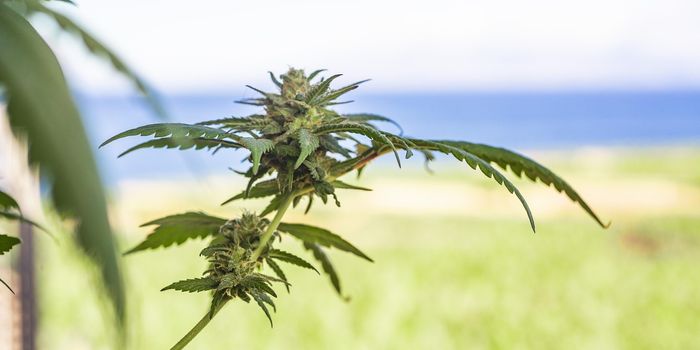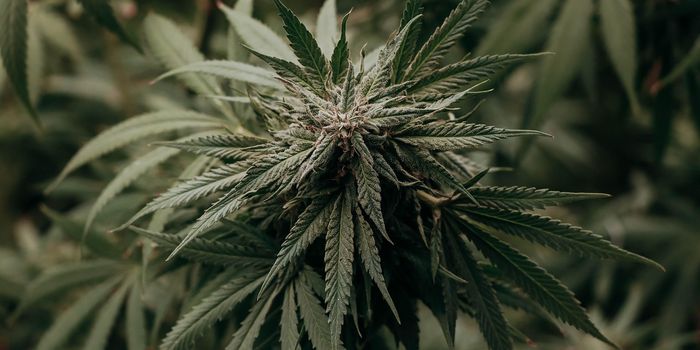Lax Cannabis, Psychedelic Laws Linked to Increased Interest in Microdosing

Microdosing involves taking sub-perceptual doses of psychedelics over prolonged periods of time in hopes of improving cognition, mood, and overall health without the hallucinogenic effects of higher doses. There is, however, a lack of clinical evidence supporting its use, with contradictory data on its effects suggesting that any benefits may arise from the placebo effect. The practice also raises safety concerns, including headaches, paranoia, and anxiety due to adverse effects, self-medication, inaccurate dosing, and use of illegal controlled substances.
In the current study, researchers investigated how interest in microdosing in the US has changed as various policy reforms related to substance use have taken place. To do so, they assessed Google search queries for microdosing in light of policy changes. Ultimately, they found that the rate of microdosing-related Google searches grew by 1250% between 2015 and 2023, with more than 3 million searches in 2023.
They also found that policies reducing criminal penalties for psychedelic and cannabis use were linked to increased interest in micro-dosing. The most significant increases occurred in states with the most permissive policies, such as Oregon and Colorado.
The researchers further examined trends in search terms related to microdosing, including commonly used substances. These included Adderall, cannabis, CBD, DMT, ketamine, and MDMA. Between 2015 and 2018, however, LSD was found to be the top search term related to microdosing, while between 2019 and 2023, it was mushrooms.
The researchers suggest their findings reflect growing societal interest in psychedelics and psychotropic substances as alternative therapies, perhaps even replacing evidence-based care.
"As public interest in using psychedelics and cannabis for health grows, it’s crucial that the medical community conducts studies to establish a strong evidence base for their safety and efficacy. Without understanding the risks and benefits, people may turn to unproven alternative therapies, exposing themselves to potential dangers. It’s our responsibility as a medical community to ensure patients have access to safe, effective and evidence-based treatments,” said Kevin Yang, M.D., lead author of the study and a psychiatry resident at UC San Diego School of Medicine, in a press release.
Sources: EurekAlert, JAMA Health Forum








